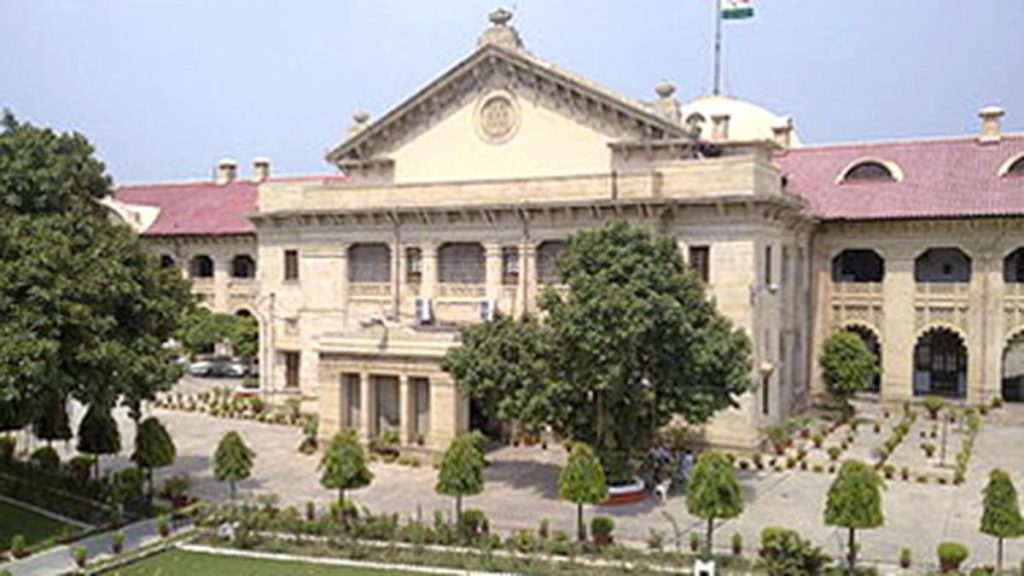Now Reading: Bidar to Launch District-Wide Socio-Educational Survey on Sept. 22
-
01
Bidar to Launch District-Wide Socio-Educational Survey on Sept. 22
Bidar to Launch District-Wide Socio-Educational Survey on Sept. 22
Rapid Summary
- survey Overview: Bidar Deputy commissioner Shilpa Sharma announced a district-wide socio-educational adn economic survey from September 22 to October 7, covering all castes, communities, nomadic groups, semi-nomadic communities, and tandas (hamlets).
- Objective: The survey aims to comprehensively assess the social, educational, and economic status of households across bidar.
- Personnel Training: Master trainers trained at the State level will prepare district-level master trainers. These trainers will further guide government teachers and department officials serving as enumerators and supervisors.
- Execution scale:
– Participants include 90 master trainers, 450 supervisors, and about 4,400 enumerators.
– Target coverage is approximately 3.4 lakh households in the district.
- logistics:
– The Energy Department has started pasting stickers with UHID details on houses while geo-tagging them through metre readers.
– NSS volunteers will help distribute forms door-to-door for awareness promotion among residents.
Indian Opinion Analysis
this initiative by the Bidar management could serve as a crucial tool for understanding socio-economic disparities in one of karnataka’s districts. By including marginalized nomadic and semi-nomadic communities and also tandas in this extensive exercise, it signals an intention toward inclusive development planning.
the scale of involvement-enlisting nearly 5,000 personnel-highlights significant administrative preparedness. With measures such as geotagging residences using UHID details and NSS-driven public participation initiatives like door-to-door form distribution for awareness-building efforts-the process demonstrates an intent toward precision coupled with community engagement.If conducted effectively without logistical bottlenecks or data inconsistencies across such broad coverage (3.4 lakh households), this survey could provide empirical insights critical not only for localized policymaking but also perhaps offer templates or models applicable elsewhere within India’s governance framework.
Link to read more: Source

























